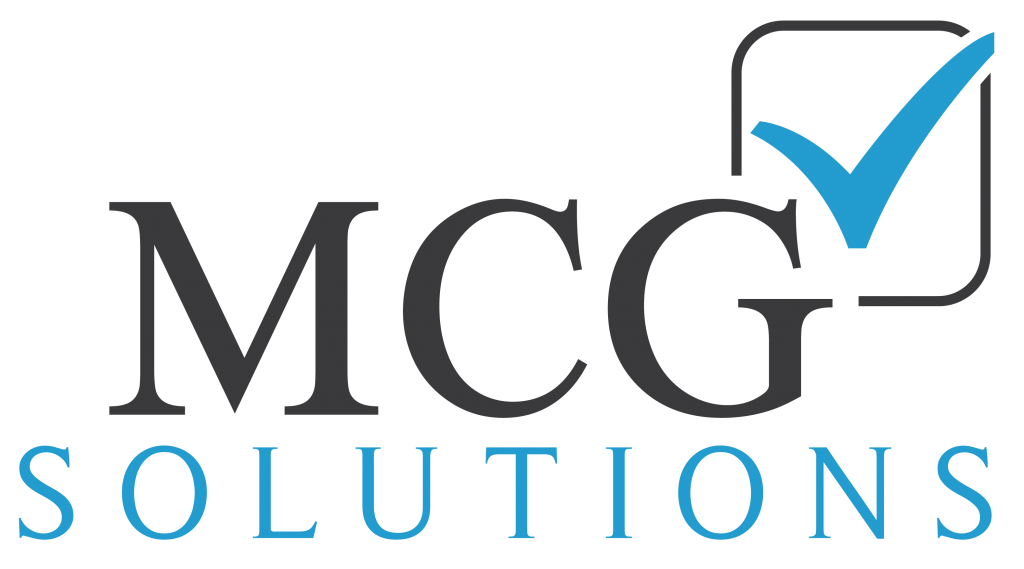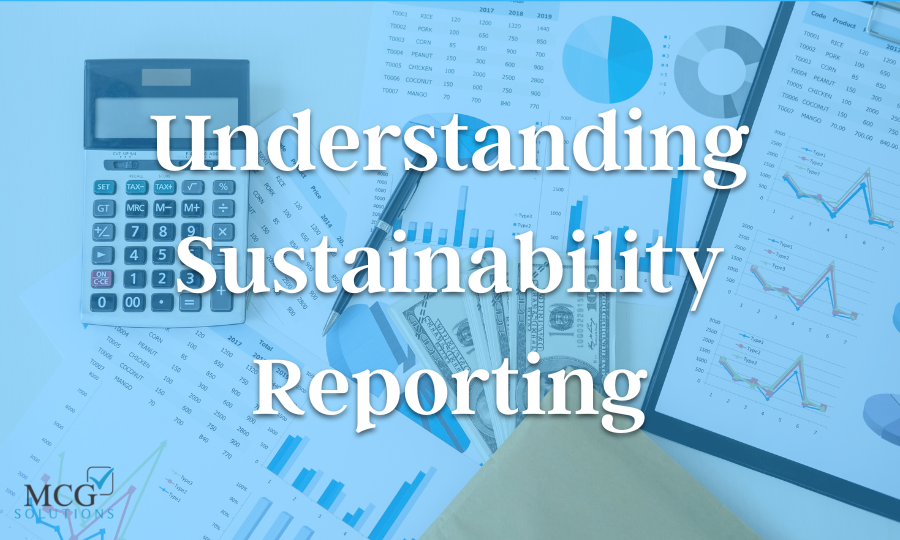Sustainability reporting is an expanding area of bookkeeping and accounting practices. As climate change and social injustice wreak havoc on the world, more businesses are looking for ways to become sustainable. Sustainability reporting helps businesses understand how their company’s non-financial aspects—from greenhouse gas emissions to using recycled paper—affect the environment and community around them.
Here’s a quick guide to sustainability reporting.
Defining sustainability
To be sustainable, a company must not use resources faster than they can be renewed. For example, a fishing company might focus on catching fish that reproduce quickly and are not endangered.
Sustainability reporting is a branch of ESG reporting: environmental, social and governance information about the company. Companies which pay attention to their ESG impact tend to do better financially. Sustainability reporting measures a business’s ESG impact and uses that information to adopt better business practices.
Sustainability reporting practices
Sustainability reporting practices vary, depending on the company type and their needs. Most sustainability reporting is performed in-house, which means that there’s no way for consumers or watchdog agencies to verify the accuracy of the information they provide. Some companies use third-party firms to audit the company’s ESG impact.
Typically, a sustainability report looks at how the company’s business practices stack up, including system-level effects “regardless of industry (e.g., climate change and inequality), changing social expectations of customers and employees (particularly the Millennials) and laws and regulations (e.g., carbon taxes and minimum wage rates).”
This information can be used to guide the company’s business practices, but it’s also of interest to investors. Organizations like the Sustainability Accounting Standards Board (SASB) identifies which sustainability issues are specific to potential investors, while the Global Reporting Initiative (GRI) looks at sustainability issues important to society.
While most sustainability reporting is performed on a volunteer basis, more companies are joining in and reporting their sustainability scores to industry governing boards. Currently, “The Impact-Weighted Accounts Initiative (IWAI), incubated as a project at Harvard Business School, is developing methodologies for financial accounts that also reflect a company’s social and environmental impact.” According to the Harvard Business Review, there are “already about 100 large companies that have measured or are developing their impact-weighted financial accounts.”
As a result, these companies are bringing awareness to the social and economic impact of sustainability. Over time, experts suggest that this increased awareness could help spur new legislation and regulations to encourage more sustainable practices.
Incorporating sustainability reporting into your small business
Depending on your industry, you may already have access to sustainability suggestions. While obviously, large corporations have the biggest impact on the environment, small businesses can use sustainability reporting to identify their own effect.
This guide to small business sustainability can help you identify key areas where you can make changes, whether that’s going paperless or buying an electric vehicle for your local deliveries.
MCG Solutions can help your company prepare financial and tax reports to use in your sustainability practices. For more information about our bookkeeping and tax preparation services, contact us today.

